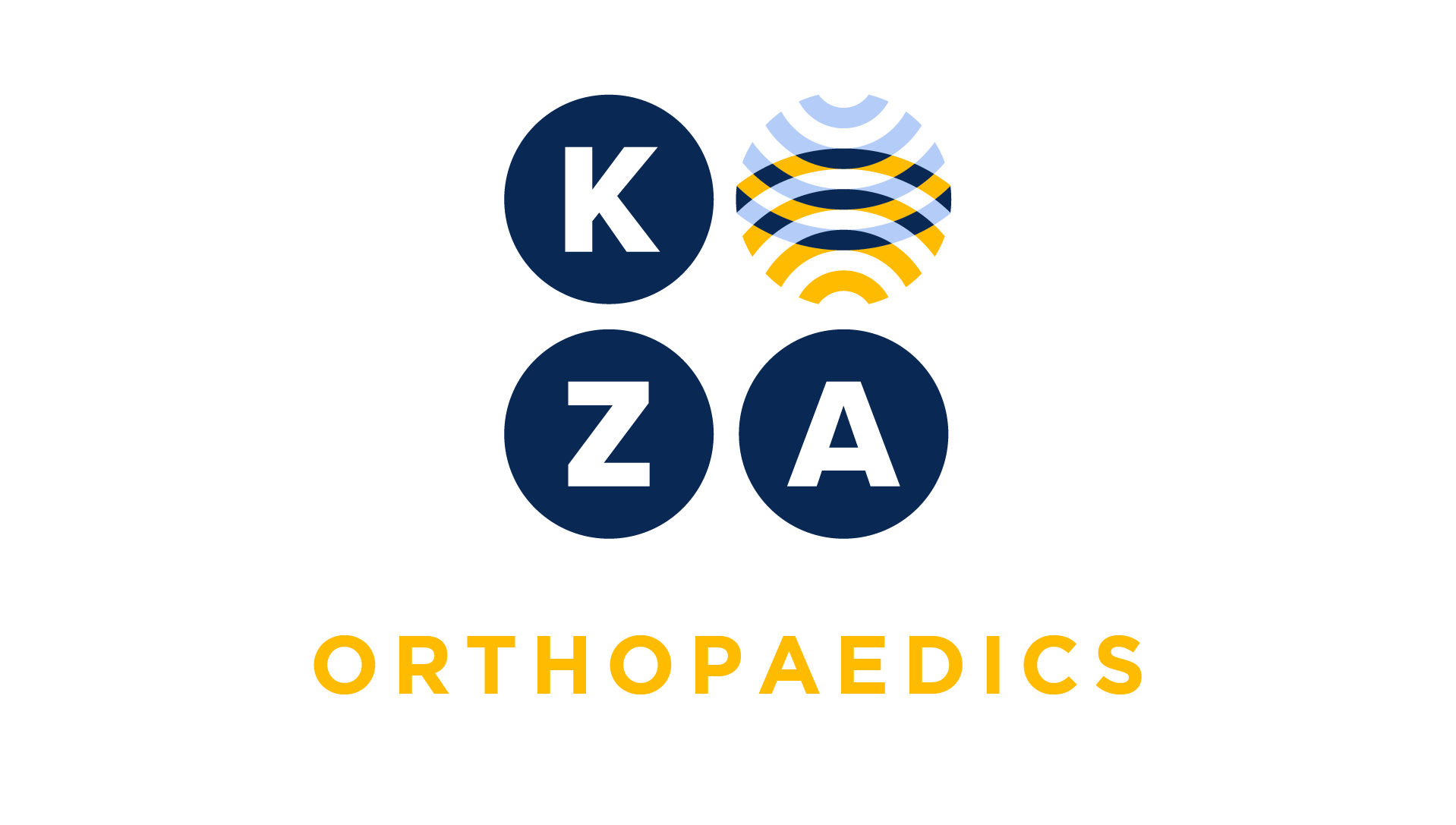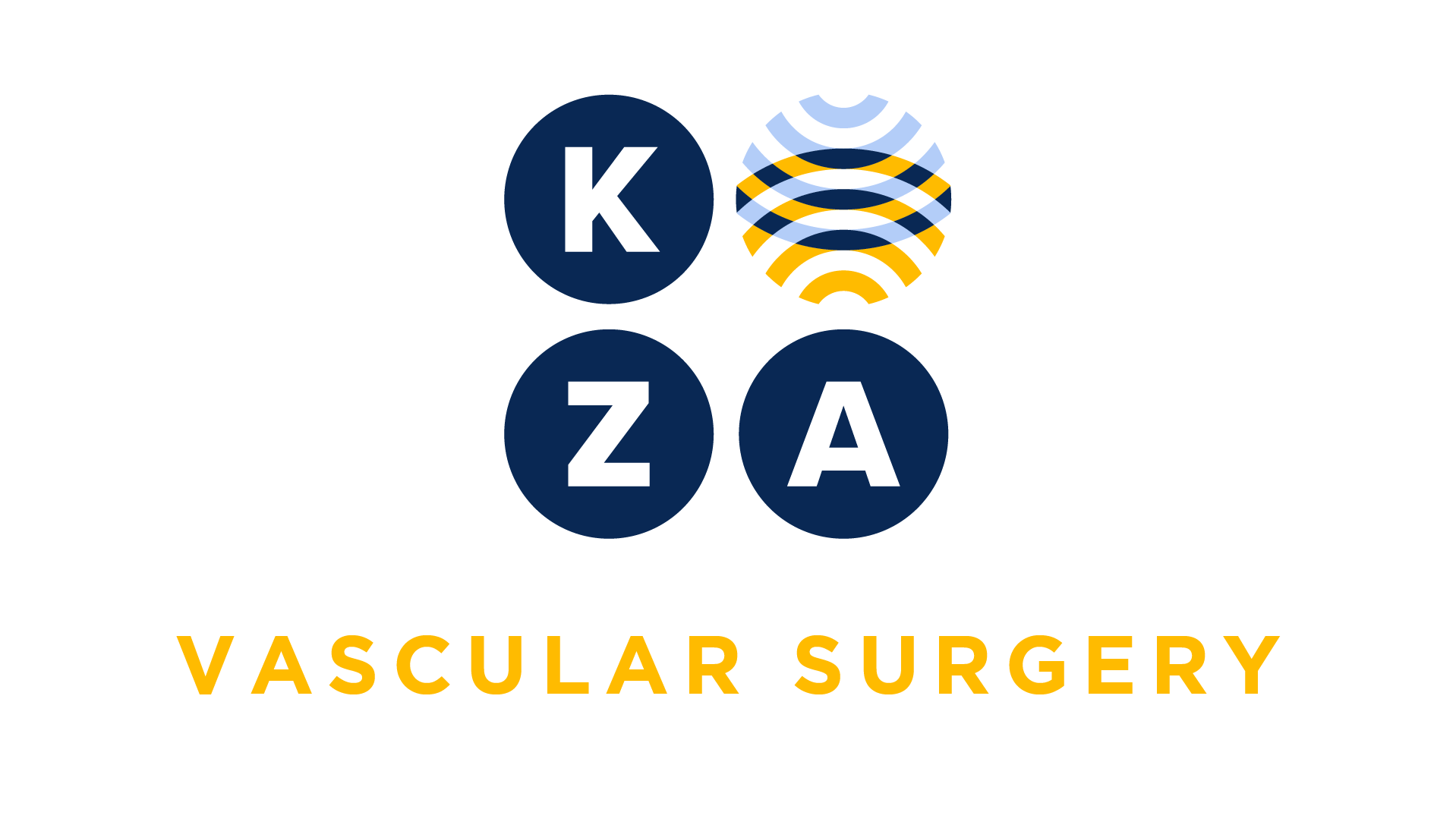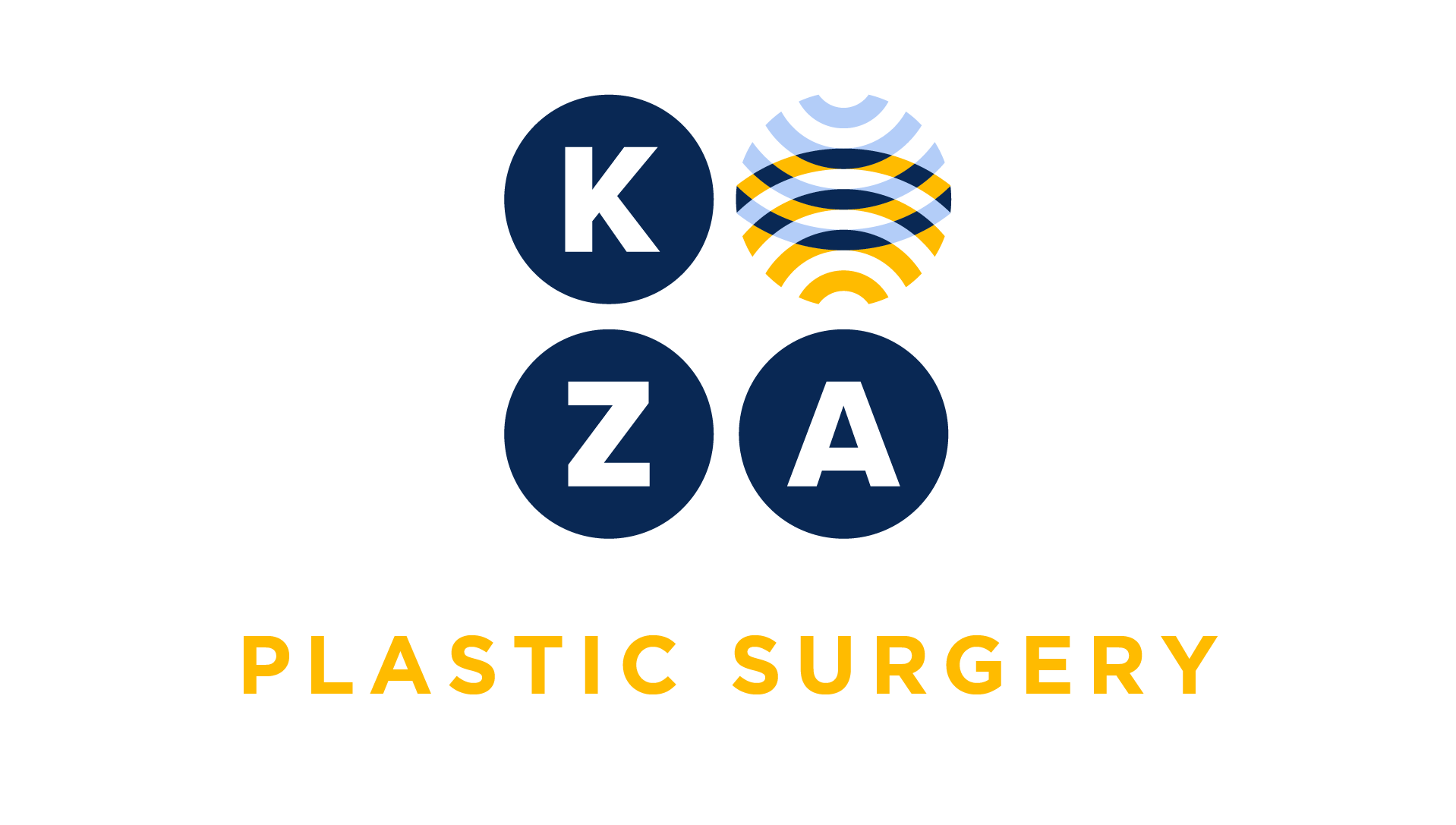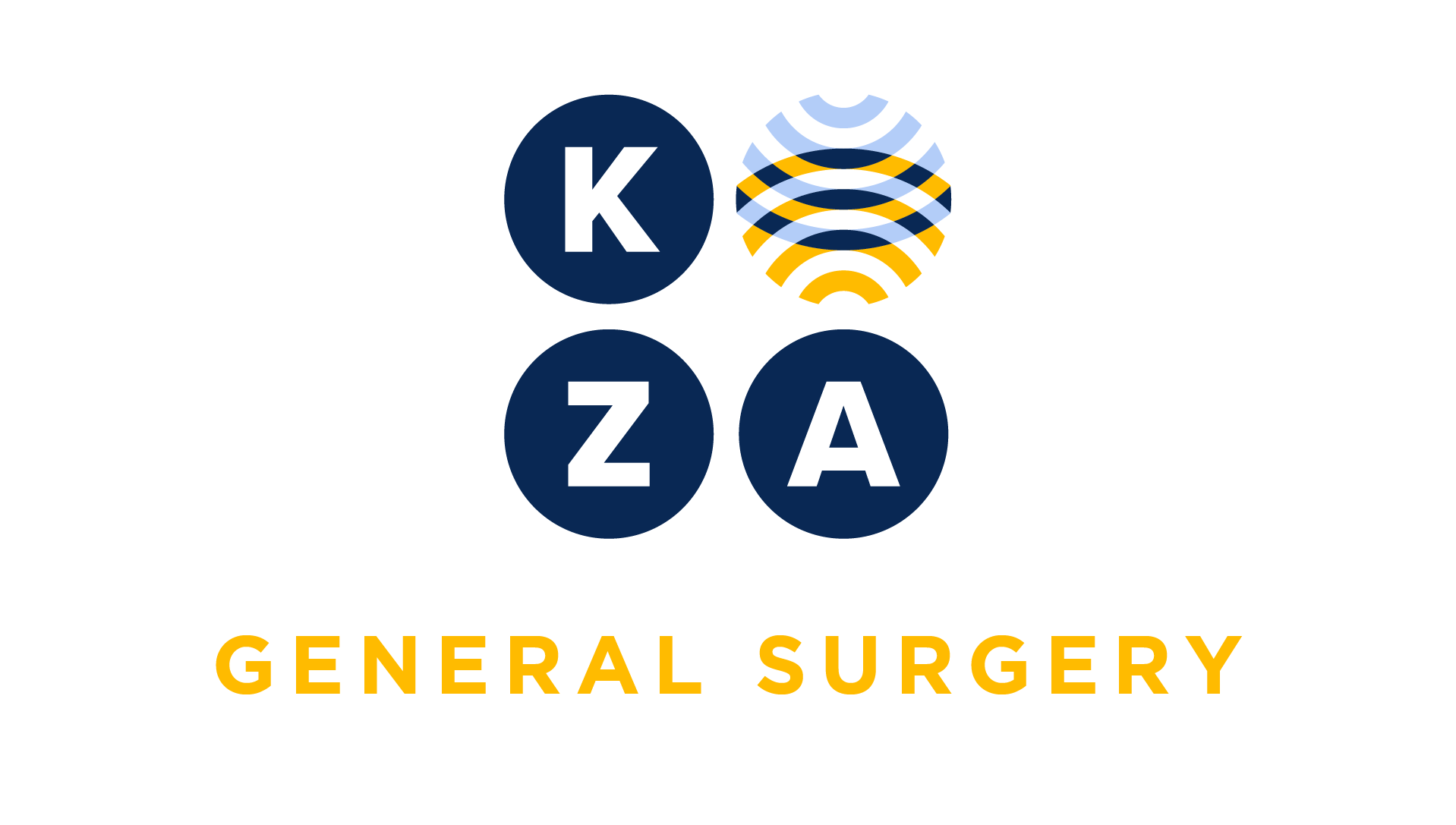
Choose your specialty from the list below to see how our experts have tackled a wide range of client questions.
Looking for something specific? Utilize our search feature by typing in a key word!
Regenerative Medicine Injection (C1762)
There is a product called CTM Boost that is being marketed as a regenerative medicine injection covered by insurance under this code, C1762. Have you seen this and are any amniotic or regenerative products covered by Medicare or private payors? Is this an acceptable code for office use?
Question:
There is a product called CTM Boost that is being marketed as a regenerative medicine injection covered by insurance under this code, C1762. Have you seen this and are any amniotic or regenerative products covered by Medicare or private payors? Is this an acceptable code for office use?
Answer:
Thank you for your inquiry. Unfortunately, these injections are considered experimental under Medicare and most all commercial insurance carriers. Therefore, it would not be a covered service at this time.
Shared Visits in the Hospital for Medicare
I have a question regarding 2023 shared visit rules. I am reviewing an E&M note where I will select the level of E&M based on the MDM being the substantive part and not time. My question: does each provider have to document their individual time if not a factor in the level of E&M I recommend?
Question:
I have a question regarding 2023 shared visit rules. I am reviewing an E&M note where I will select the level of E&M based on the MDM being the substantive part and not time. My question: does each provider have to document their individual time if not a factor in the level of E&M I recommend?
Answer:
No, the documentation of time is not required if Time will not be a determining factor in E&M code selection.
CMS has delayed the implementation of Time as driver for defining the substantive part of the shared encounter until January 2024.
The following excerpt is from the Final Rule published in November 2022.
Page 212:
“..After consideration of public feedback, we proposed to delay implementation of our definition of the substantive portion as more than half of the total time until January 1, 2024. We continued to believe it is appropriate to define the substantive portion of a split (or shared) service as more than half of the total time, and proposed that this policy will be effective beginning January 1, 2024….”
You may consider working with your providers to start documenting time should CMS move forward with a final implementation of Time as the driver of substantive time in 2024. This would allow them to become familiar with including this in their notes, while informational at this time, if the code is to be selected on the MDM and not time.
*This response is based on the best information available as of 08/17/23.
Billing FEVAR with a Physician-Modified Endovascular Graft ( PMEG)
We use a Physician-Modified Endovascular Graft (PMEG) for our FEVAR procedures. Do we have to bill this with an unlisted code?
Question:
We use a Physician-Modified Endovascular Graft (PMEG) for our FEVAR procedures. Do we have to bill this with an unlisted code?
Answer:
No, use of a PMEG does not require billing as an unlisted code. Use the existing FEVAR codes based on endograft coverage and number of fenestrations.
E&M Coding Based on Time
Our physicians’ defaults to time for almost every office encounter. We are working with them on documentation and what work contributes to total time and what does not. They perform their own independent interpretation of X-Rays (we bill globally), and performs procedures such as nasal endoscopies, debridement’s laryngoscopes etc. in the office. They are counting the total time spent with the patient, including these activities and we do not believe that is correct. Can you help?
Question:
Our physicians’ defaults to time for almost every office encounter. We are working with them on documentation and what work contributes to total time and what does not. They perform their own independent interpretation of X-Rays (we bill globally), and performs procedures such as nasal endoscopies, debridement’s laryngoscopes etc. in the office. They are counting the total time spent with the patient, including these activities and we do not believe that is correct. Can you help?
Answer:
Thank you for your inquiry. We will not address the default to time for almost every encounter other than to say medical necessity must be present for time spent. With that said, the activities you identify, because they are billable services represented by other CPT codes (aka are separately reported), do not contribute to the total time spent; this time must be deducted from the total time, assuming the E&M service is reportable.
Billing a Cholangiogram with ICG Dye
Can I report code 47563 when indocyanine green (ICG) dye is injected and then I use minimally invasive fluorescent imaging to view structures during dissection?
Question:
Can I report code 47563 when indocyanine green (ICG) dye is injected and then I use minimally invasive fluorescent imaging to view structures during dissection?
Answer:
No, it would not be correct to report code 47563 for this clinical scenario. Instead report code 47562,Laparoscopy, surgical; cholecystectomy. Although evaluation using fluorescent imaging may help to visualize structures, it does not confidently demonstrate choledocholithiasis, show the intrahepatic branches or see drainage into the duodenum like a traditional cholangiogram. It also does not include the additional work inherent to code 47563, including placement of a cholangio catheter, injection of radiographic contrast material while viewing the imaging monitor or review of plane films placed under the patient and exposed.
*This response is based on the best information available as of 08/17/23.
Allergy Injections
After a physician has signed off an order for the administration of allergy injections, is he/she required to sign off on each allergy injection administered by his staff?
Question:
After a physician has signed off an order for the administration of allergy injections, is he/she required to sign off on each allergy injection administered by his staff?
Answer:
Allergy immunotherapy is not under the diagnostic guidelines but rather the incident to guidelines. The physician should provide direct supervision and the physician should indicate a review of the allergy injection schedule during follow-up. A guideline has not been published indicating that the physician must sign off on each individual injection.
*This response is based on the best information available as of 08/03/23.
Do you have a Coding Question you would like answered in a future Coding Coach?
If you have an urgent coding question, don't hesitate to get in touch with us here.





